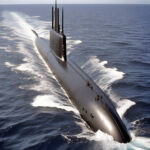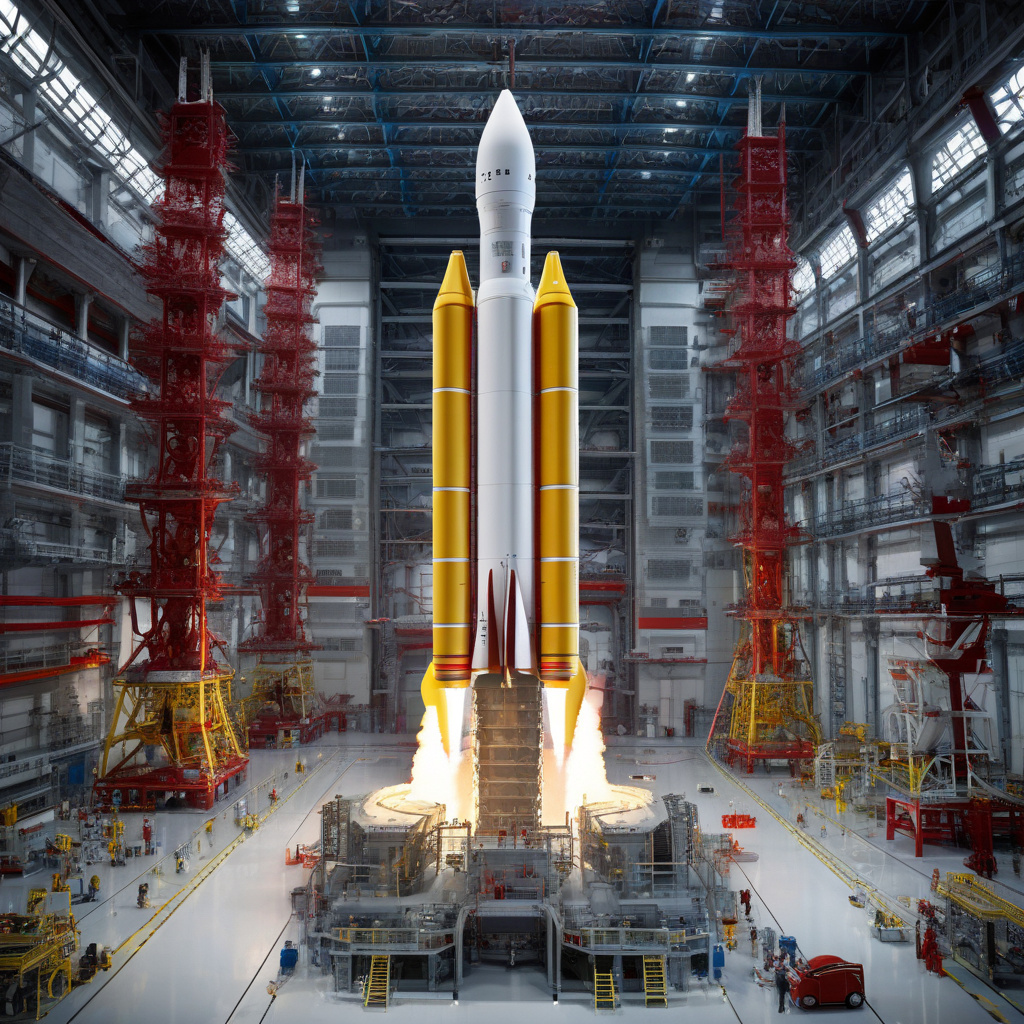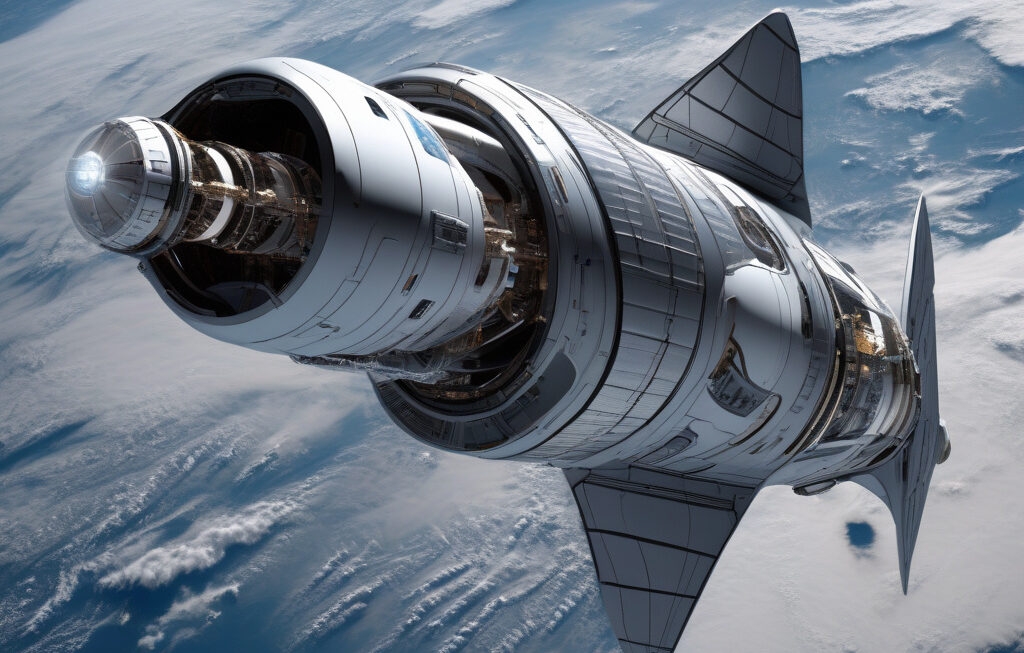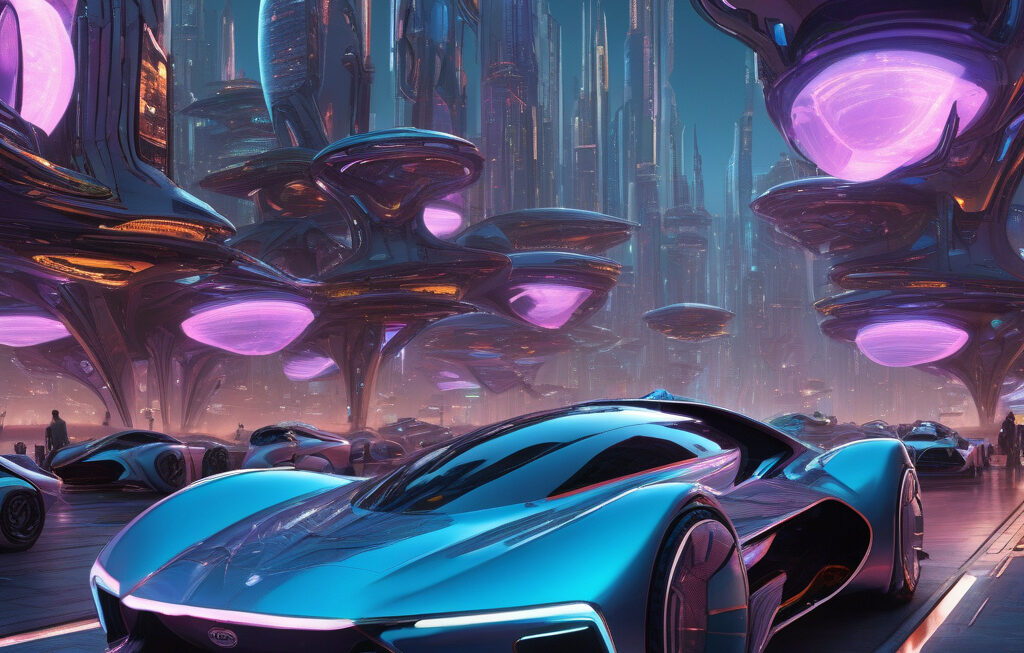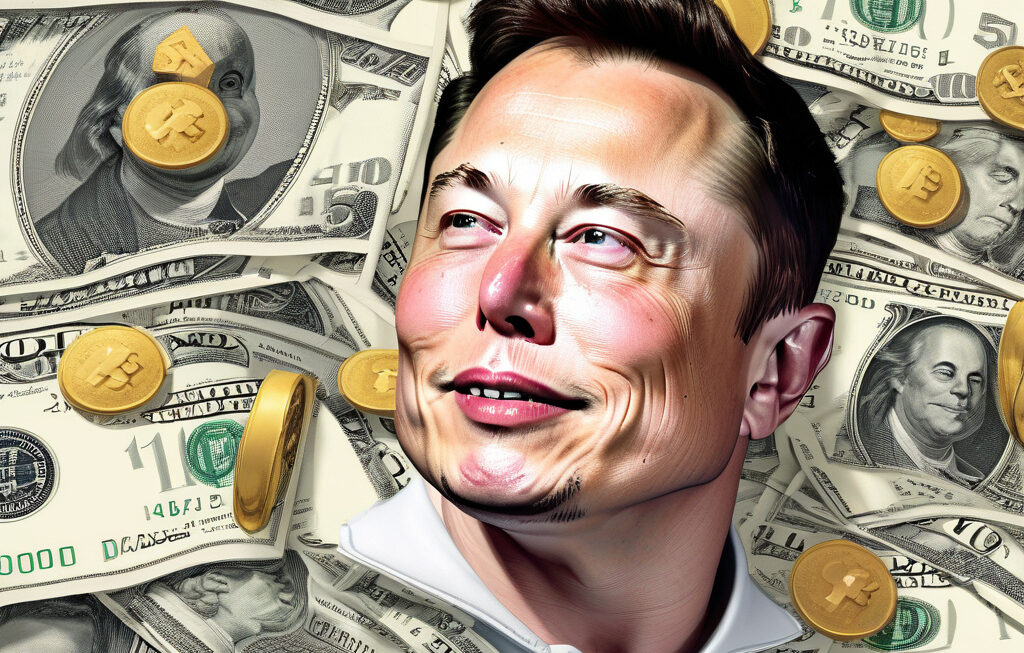China’s Reusable Rocket Cleared 1,100-Ton Thrust Test to Rival Elon Musk’s SpaceX
China’s push to field reusable rockets took a significant step forward this week after Beijing-based space contractor CASIC (China Aerospace Science and Industry Corporation) successfully tested a 1,100-ton thrust engine. The milestone marks a substantial leap in China’s space capabilities, bringing them closer to competing with Elon Musk’s SpaceX in the reusable rocket sector.
The Chinese space industry has been rapidly advancing in recent years, with ambitious plans to establish a more cost-effective and sustainable approach to space exploration. The development of reusable rockets is a key component of this strategy, aiming to reduce the exorbitant costs associated with single-use launch vehicles.
CASIC’s successful test of the 1,100-ton thrust engine is a crucial achievement in this endeavor. Reusable rockets rely on powerful engines to generate the thrust needed to launch, land, and relaunch the same vehicle multiple times. By demonstrating the capabilities of their engine, CASIC has shown that China is on track to develop a competitive reusable rocket system.
This progress poses a significant challenge to SpaceX, the pioneering company founded by tech entrepreneur Elon Musk. SpaceX has been at the forefront of reusable rocket technology, with the Falcon 9 rocket becoming a workhorse for launching satellites and resupplying the International Space Station. However, China’s advancements indicate that they are narrowing the gap with SpaceX and could potentially rival the American aerospace manufacturer in the near future.
The race to dominate the reusable rocket market is not just about technological prowess; it also has strategic and economic implications. Access to space is becoming increasingly important for a wide range of activities, from telecommunications to national security. Countries and companies that possess reliable and cost-effective launch capabilities will have a competitive edge in this new space race.
China’s investment in reusable rocket technology is part of a broader push to assert itself as a leading space power. The country has set ambitious goals, including building a crewed space station, sending missions to Mars, and establishing a lunar research base. Developing reusable rockets is seen as a critical enabler for achieving these objectives, allowing China to conduct more frequent and affordable space missions.
While China’s progress in the reusable rocket sector is impressive, challenges remain. SpaceX has a significant head start and a proven track record in launching and landing rockets. Moreover, the regulatory environment for commercial space activities is complex and competitive. China will need to navigate these hurdles effectively if they are to establish themselves as a true rival to SpaceX.
In conclusion, China’s successful test of the 1,100-ton thrust engine represents a major milestone in the country’s quest to develop reusable rockets. By rivaling Elon Musk’s SpaceX in this critical technology, China is positioning itself as a formidable player in the global space industry. The competition between these two giants promises to drive innovation, reduce costs, and expand access to space for the benefit of all.
#China, #ReusableRocket, #SpaceX, #ElonMusk, #SpaceRace






